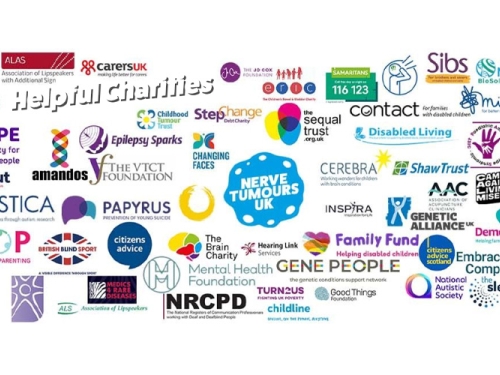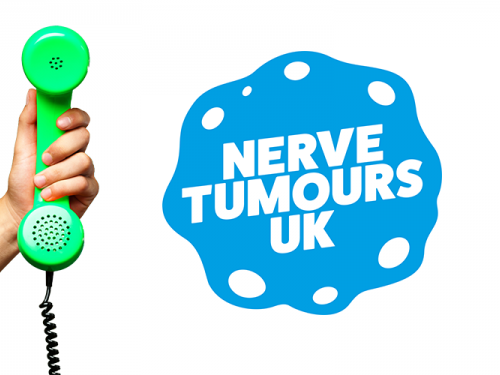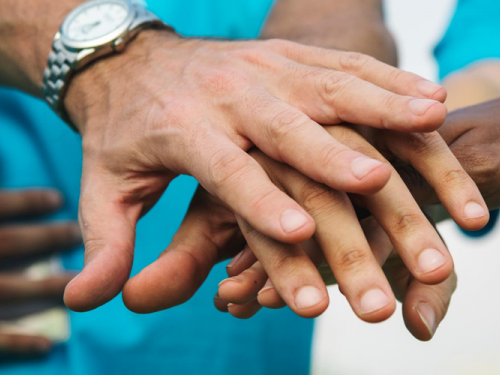Mental Health Support
Mental Health Support
Self-help – learning how to help yourself feel better
Every Mind Matters – this NHS website asks some simple questions and gives you a free plan with ways of improving your mental health. There are links to apps and other sources of support. This is a great place to start to explore how you are doing and get some ideas for where you can get some help.
Self-help leaflets – this is an NHS website with a set of booklets that explain lots of common mental health difficulties including:
- Feeling angry
- Feeling anxious
- Feeling depressed
- Bereavement - getting help if someone you love has recently died
- Struggling with your drinking
- Overeating
- Feeling traumatised by something that you’ve been through.
Each leaflet explains the issue, helps you understand your own patterns of thoughts and feelings, and gives you some tips for how to manage better. You can choose to read the leaflet on your screen, print it out, listen to an audio version, or watch a BSL video.
NHS help – getting some help from professionals when you need to
Across England there are NHS talking therapy services that are easy to access and quick to respond to you if you need them. You can read more about what talking therapy is here. As long as you have a GP in England you should be able to access your local NHS talking therapy service quickly. You can usually refer yourself to these services (you don’t have to make an appointment with your GP first, or ask their permission).
If you put your GP's address into this web finder it will give you a list of your local talking therapies, with their phone numbers or websites. You can call them or use their website to send them your details. Normally they would call you back for a quick chat to talk about what sort of help you want, and then arrange for you to meet someone to make a plan for how they can help you. Their websites usually have a lot of information about the sorts of difficulties they can help with and how they work.
If you live outside England the best thing to do first of all is to talk to your GP about what support services are available where you live, and ask your GP to refer you to them if you think it will be helpful.
Need help right now?
If you feel you are no longer able to cope, are self-harming, thinking of hurting yourself or ending your life, it is important you speak to someone. Feeling like this can be very distressing, confusing and frightening. There are people who want to help.
NHS services
Contact your GP. You can request an urgent same day appointment. Your GP can assess the situation and help you get the support you need.
Call 111 (free NHS Helpline open 24 hours a day) if you need urgent care which is not life threatening. There is also a British Sign Language 111 service.
Go to your nearest 24 hour emergency department if you are in a life threatening emergency (e.g. you have seriously hurt yourself or are planning to)
The following organisations can also be contacted:
- Changing Faces - Counselling Support - confidential one-to-one social, emotional and psychological support sessions for people with visible difference
Tel: 0300 012 0275
WhatsApp message: 07864 724 124
Web: https://www.changingfaces.org.uk/services-support/counselling-support/
- The Samaritans are available 24 hours a day, 7 days a week on:
Tel: 116 123
E-mail: jo@samaritans.org
Web: www.samaritans.org
- Shout – available 24 hours a day, 7 days a week. They offer mental health crisis support through text messaging.
Text ‘SHOUT’ to 85258
Web: https://www.giveusashout.org/
- CALM (Campaign Against Living Miserably) focus on helping men in the UK who are feeling low in mood or in crisis.
Tel: 0800 58 58 58 (5pm-until midnight)
Web: https://www.thecalmzone.net/
- Papyrus Hopeline UK – Offer crisis support for young people and people who are worried about a young person. Open 9-10pm weekdays and 2-10pm at weekends.
Call: 0800 068 4141
Text: 07786209697
Web: https://papyrus-uk.org/hopelineuk/




